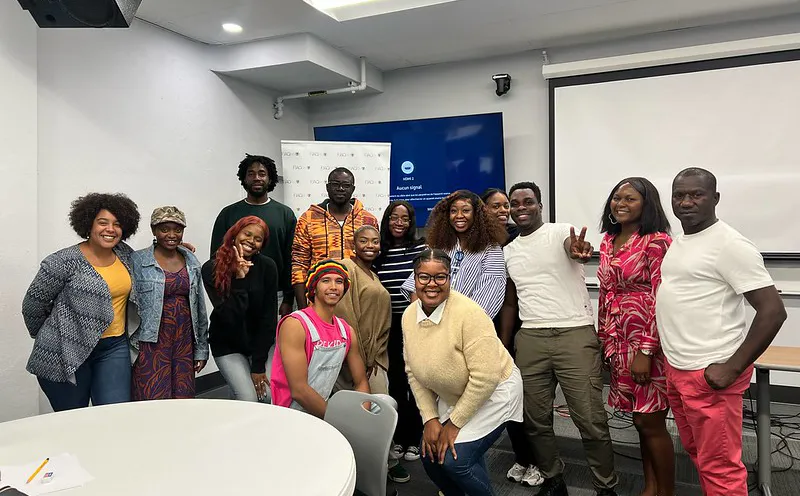- +1(367) 380-3092
- projet.ustawi@forumjeunesseafroquebecois.org
- 435 rue du Roi, Québec, Québec, G1K 2X1, bureau 11
Impact of racism and microaggressions on the mental health of young Afro-Quebecers aged 18 to 35
This research is led by Peterson Antenor, a doctoral student in anthropology at Laval University, and Daniel Derivois, professor of clinical psychology and psychopathology affiliated with the Psy-DREPI laboratory (Psychology: Relational Dynamics and Identity Processes) at the University of Burgundy Europe (UBE).
The main objective is to fill the documentary gap on the psychological effects of racism within Afro-descendant communities, while highlighting the specific challenges they face. By combining clinical, anthropological and community approaches, Ustawi seeks to produce useful, sensitive knowledge rooted in lived realities.
Research objective
- Identify and analyze the impacts of racism and microaggressions experienced daily by young people of African descent in Quebec City aged 18 to 35 on their mental health;
- Demonstrate, describe, and understand the cultural idioms and representations of mental health among Black youth aged 18 to 35 living in Quebec City;
- Identify the resilience strategies implemented by Black youth living in Quebec City in the face of structural racism and mental health challenges.

Methodology
A mixed methodology will be adopted for data collection. Discussion circles, participatory workshops, testimonies, and life stories constitute our qualitative corpus. In addition, two measurement scales will be administered through a research questionnaire to assess depression, anxiety, stress, and daily discrimination experienced by young people.
Participation criteria
- Identify as a person of African descent;
- Be between 18 and 35 years old;
- Reside in the Quebec City region;
- Agree to complete our voluntary consent form;
Participate in our survey on the impact of racism on the mental health of young Afro-Quebecers by responding to this anonymous and confidential survey:
Ethical considerations
This research complies with fundamental ethical principles for research involving vulnerable populations, including:
- Free, informed, and renewable consent of participants;
- Confidentiality and anonymity of the data collected;
- Respect for individual experiences and trajectories, while avoiding any;
- Approval of the project by a recognized research ethics committee
